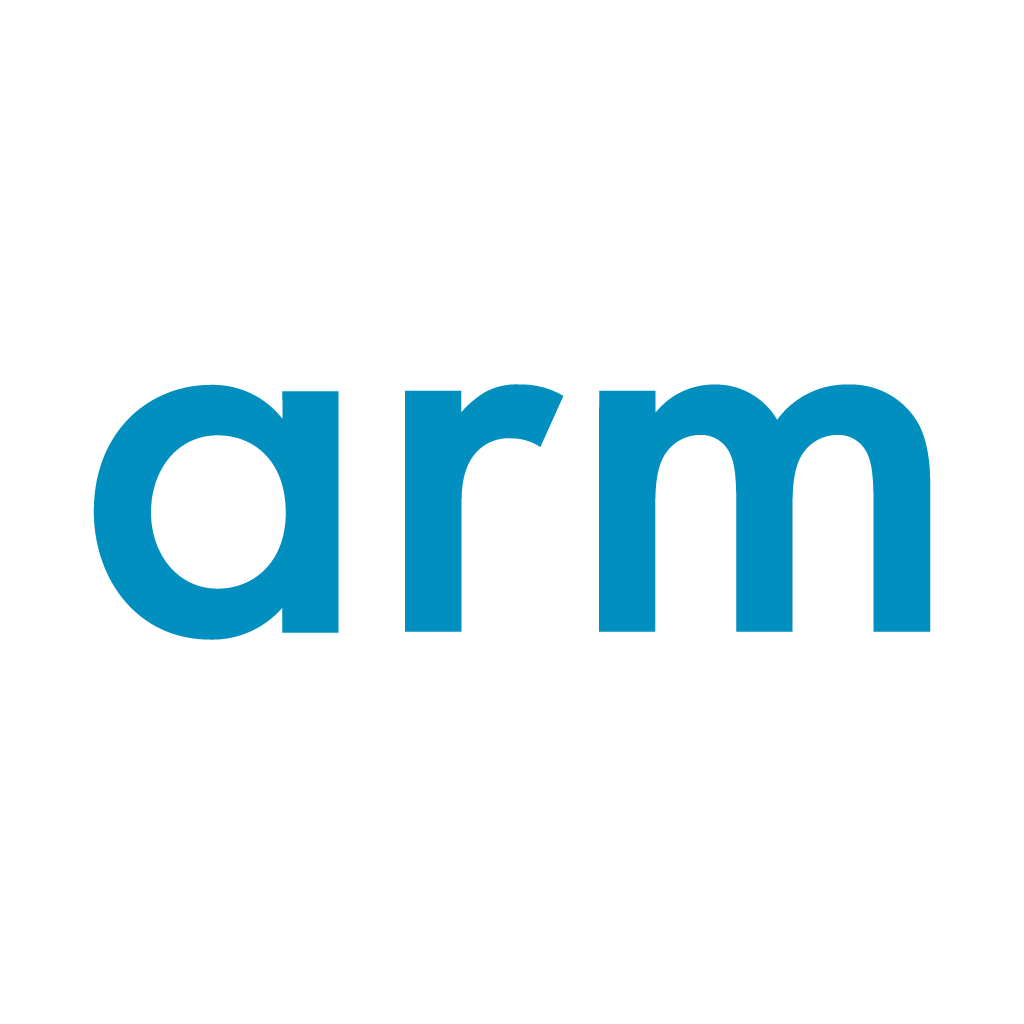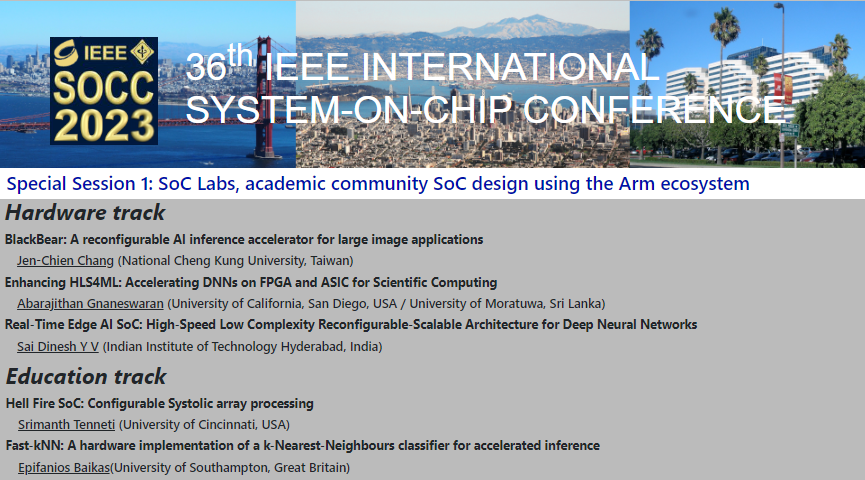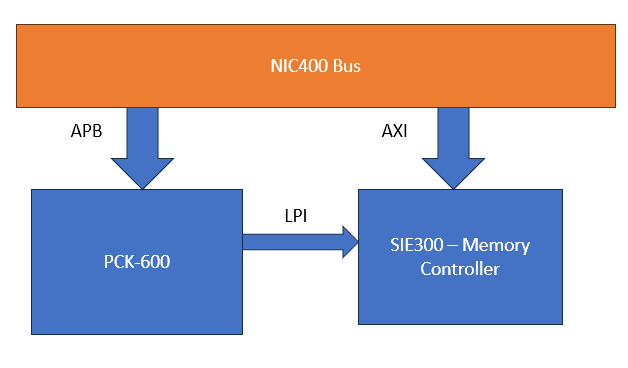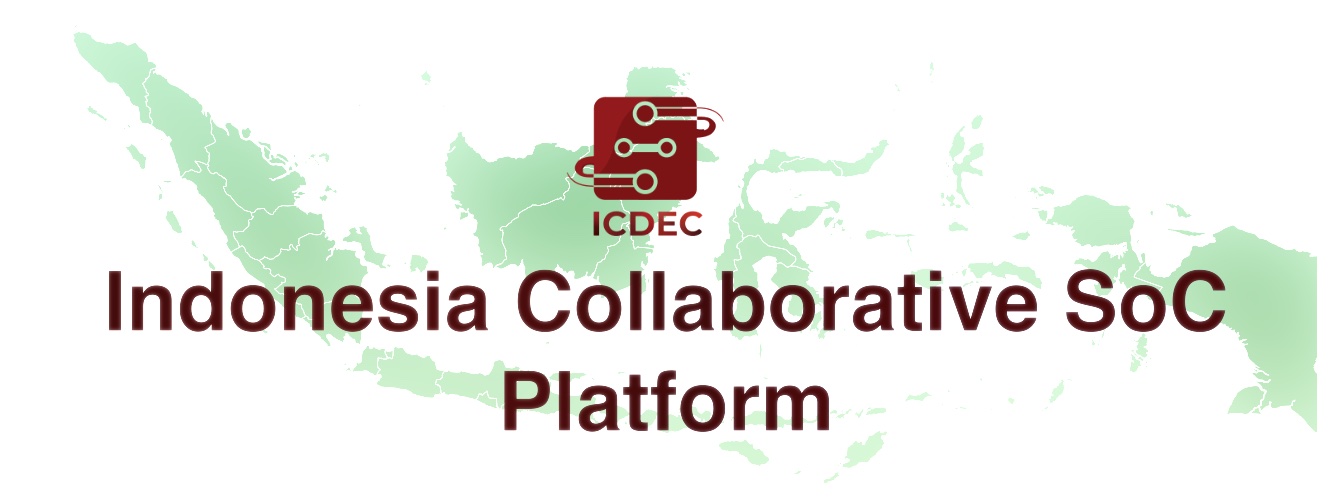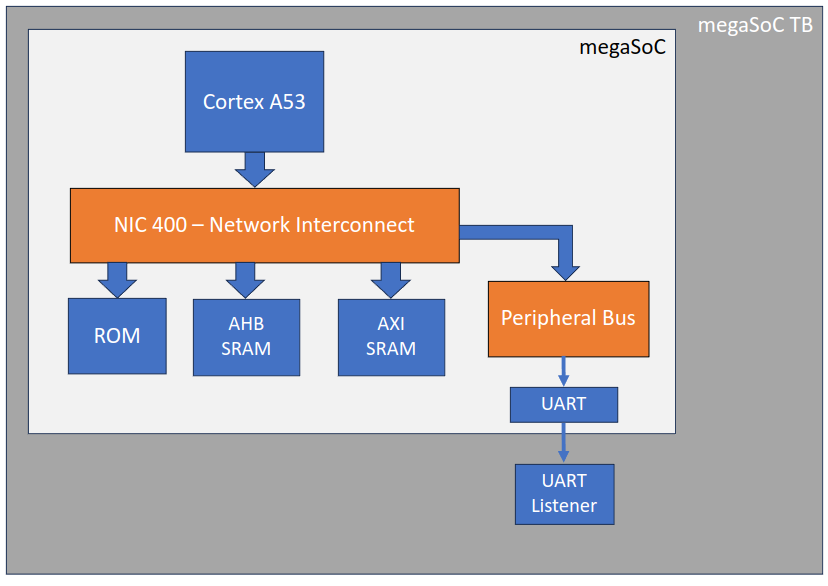
The Siemens Cre8Ventures open Higher Education Program aims to help to accelerate semiconductor innovation by connecting early in the innovation cycle with innovators inside universities. It is part of Siemens activities that are backed by the Semiconductor Education Alliance (SEA), a not-for-profit consortium convened by Arm to scale semiconductor education and innovation globally.
The programme provides a range of support:
 John Darlington
John Darlington



